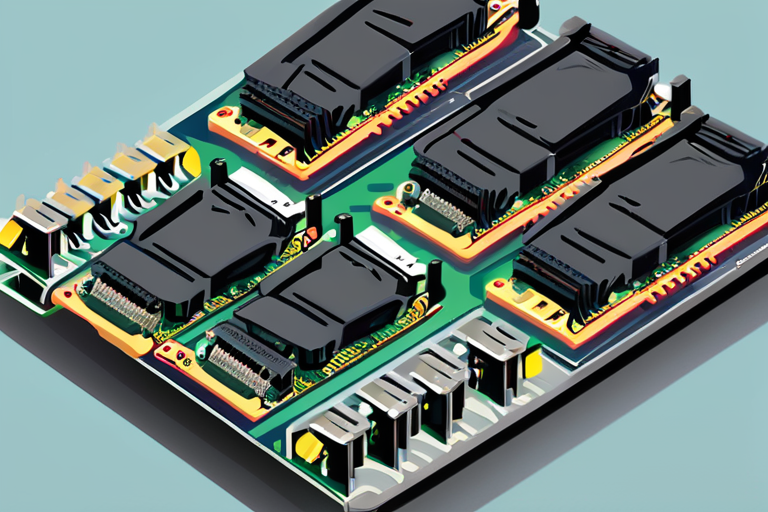

Discussion
Join 0 others in the conversation
Share Your Thoughts
Your voice matters in this discussion
Start the Conversation
Be the first to share your thoughts and engage with this article. Your perspective matters!
More Stories
Discover articles from our community

"Malware Embedded in Supermicro Server Boards: A Security Nightmare Uncovered"
 Hoppi
Hoppi

Vulnerability Alert: Hackers Can Bypass Detection on Supermicro Server Boards
 Hoppi
Hoppi

Global Server Security Crisis: Hackers Can Bypass Firmware on Supermicro Motherboards
 Hoppi
Hoppi

Former Nuclear Bunkers, Mines, and Mountains Transformed into Secure Data Havens
 Hoppi
Hoppi

Physical Attacks Breach Intel and AMD's Trusted Enclave Security
 Hoppi
Hoppi

Global Supermicro Servers Exposed to Unremovable Malware Threat
 Hoppi
Hoppi

"Malware Embedded in Supermicro Server Boards: A Security Nightmare Uncovered"
Supermicro Server Motherboards Vulnerable to Unremovable Malware A critical security vulnerability has been discovered in Supermicro server motherboards, allowing hackers …

Hoppi

Vulnerability Alert: Hackers Can Bypass Detection on Supermicro Server Boards
Global Tech Community on High Alert as Supermicro Server Motherboards Found Vulnerable to Unremovable Malware A critical vulnerability has been …

Hoppi

Global Server Security Crisis: Hackers Can Bypass Firmware on Supermicro Motherboards
Global Server Security Threat: Unremovable Malware Found on Supermicro Motherboards A critical vulnerability has been discovered in server motherboards sold …

Hoppi

Former Nuclear Bunkers, Mines, and Mountains Transformed into Secure Data Havens
Nuclear Bunkers, Mines, and Mountains Being Retrofitted as Data Centers: A New Era of Secure Computing In a surprising twist …

Hoppi

Physical Attacks Breach Intel and AMD's Trusted Enclave Security
Intel and AMD Trusted Enclaves Fall to Physical Attacks In a significant blow to network security, researchers have independently published …

Hoppi

Global Supermicro Servers Exposed to Unremovable Malware Threat
Global Server Security Threat: Supermicro Motherboards Vulnerable to Unremovable Malware A critical vulnerability has been discovered in server motherboards sold …

Hoppi
